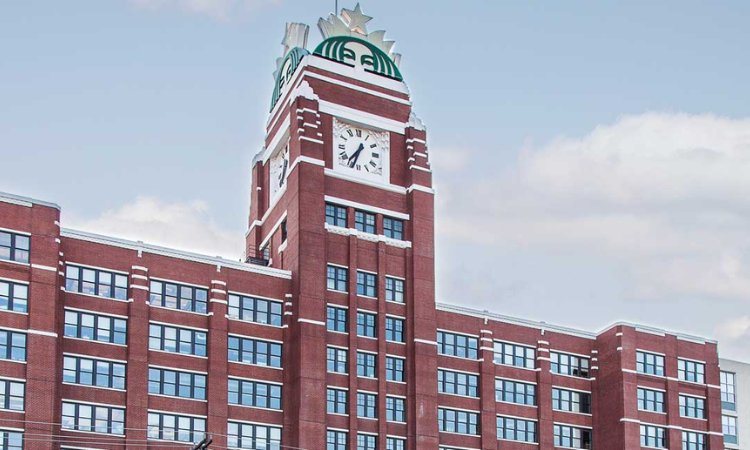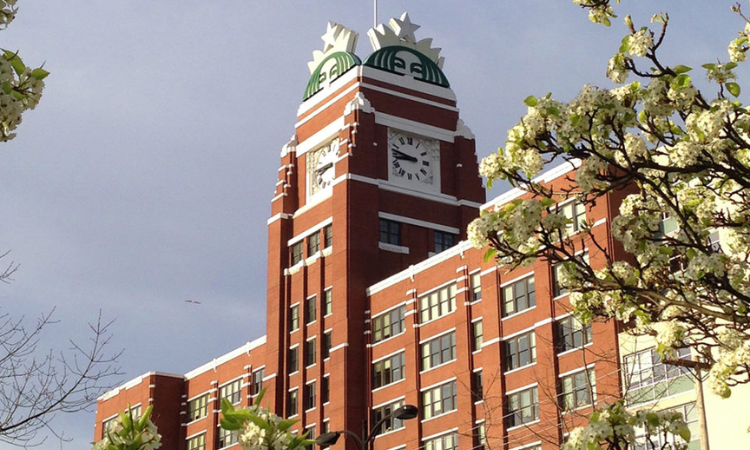Client: Turner Construction Co.
Dates of Service: 2002
PL: BECS Services: PL: BECS provided detailed guidance to Turner Construction Company in the proper design and installation of the new brick veneer cladding and store-front window systems. The recommendations included hand-sketched, sequenced installation details for major cladding elements, including all aspects of the brick veneer and the windows. PL:BECS also provided limited review and guidance for window installation mock-ups.
The largest coffee chain in the world, Starbucks Coffee Company, has its global headquarters there. The nine-story structure, which is housed in Seattle, Washington’s SoDo district, has about 4,500 workers.
We shall examine Starbucks Center in more detail in this post, including everything from its history and architecture to its environmental initiatives and effects on the neighborhood. We will also address some of the most typical inquiries about the structure.
History of Starbucks Center
The structure that is presently home to Starbucks Center was first constructed in 1929 as a showroom for the Sears, Roebuck and Company catalog. A real estate developer bought the structure in the 1990s, and he turned it into a multi-tenant office complex.
In 1993, Starbucks started relocating its administrative offices to the structure. The coffee shop chain relocated its corporate offices to the SoDo Center in 1997 and acquired the name rights. Starbucks Center was later given to the structure.

Design of Starbucks Center
A prominent example of contemporary architecture is Starbucks Center. The structure has a glass and steel façade, and its inside is roomy and open. The structure has several environmentally friendly architectural features, such as a green roof, a rainwater collection system, and energy-efficient lighting.
Sustainability Features of Starbucks Center
Starbucks Center is dedicated to environmental protection. The structure has a number of elements that lessen its environmental impact, such as:
- A green roof that reduces energy use and insulates the structure
- A system that collects rainwater and uses it for irrigation and other purposes
- Energy-saving lighting that consumes less energy
- Water-saving toilets and faucets with low flows
- Recycled elements were incorporated into the building’s construction.
Impact of Starbucks Center on the Local Community
The neighborhood has benefited from Starbucks Center. Numerous people have found work thanks to the project, which has also boosted the local economy. Additionally, Starbucks Center is a well-liked tourist attraction and contributes to Seattle’s economy.
Conclusion
One of the most well-known brands in the world is housed at the iconic Starbucks Center. The structure is evidence of Starbucks’ dedication to sustainability, and it has benefited the neighborhood. Visit the Starbucks Center if you’re ever in Seattle to find out more about the origins and goals of the nationwide chain of coffee shops.


cenforce 50mg for sale – https://cenforcers.com/# cenforce 100mg price